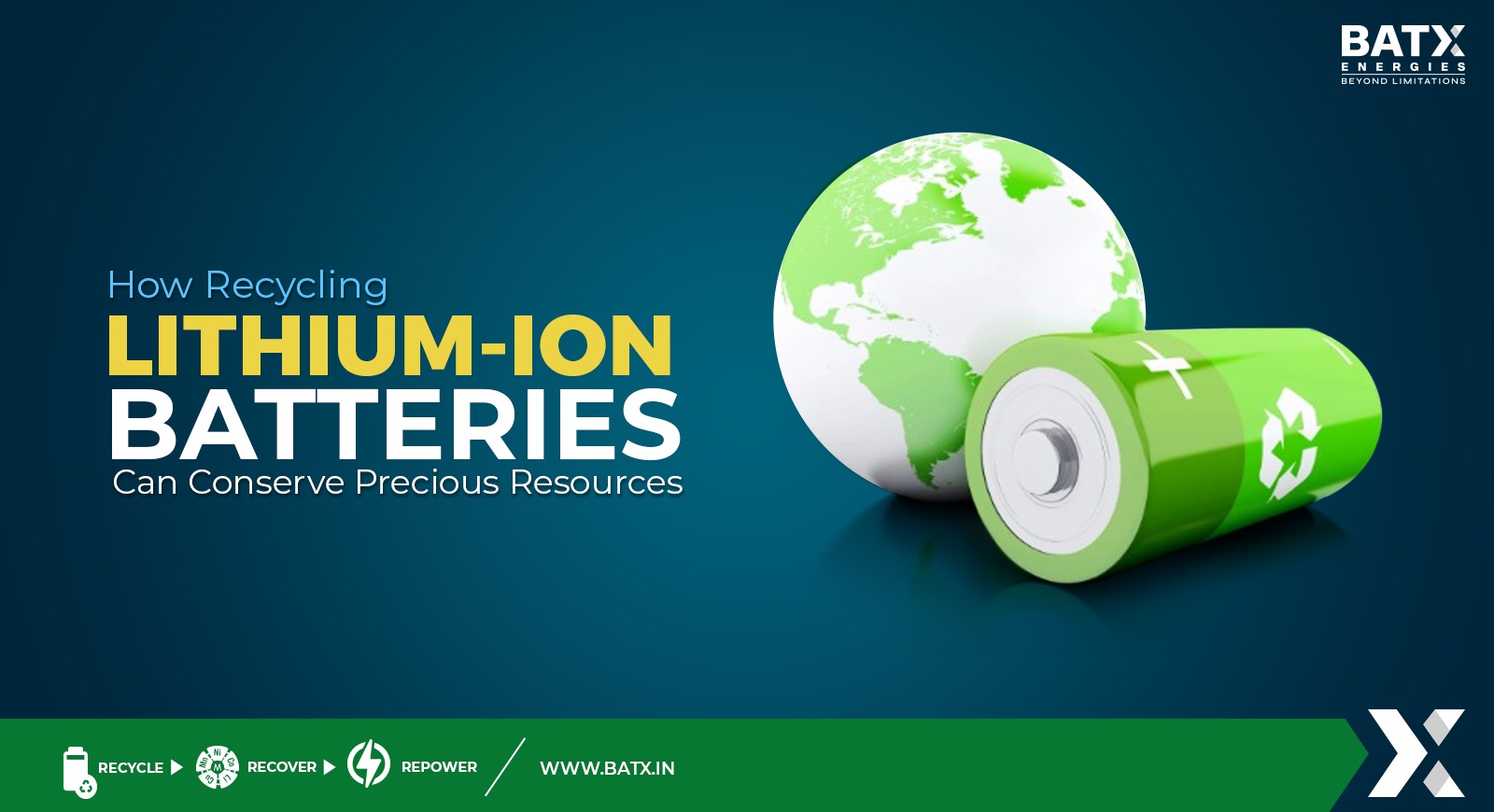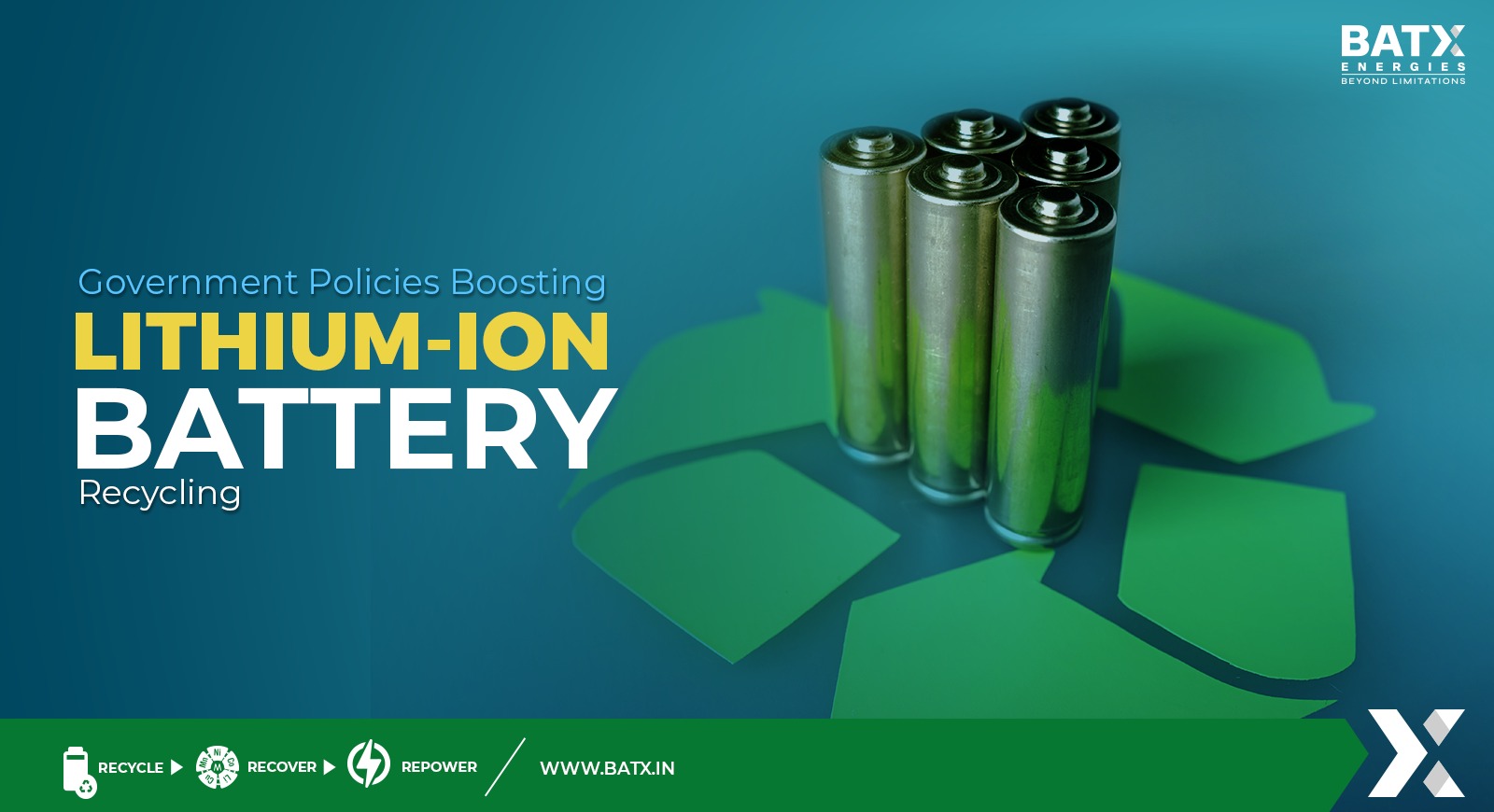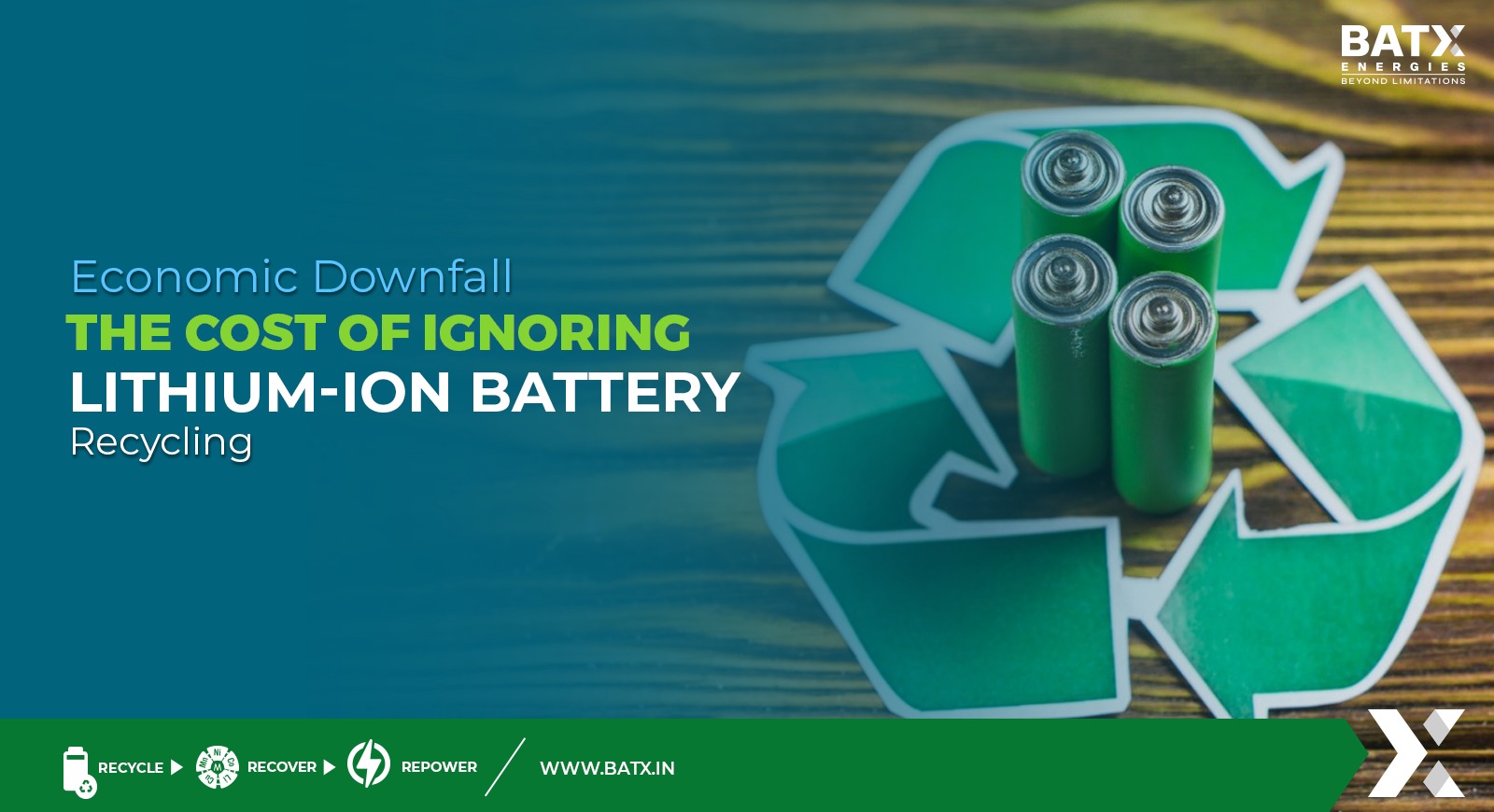On February 9, 2023, the Indian government announced the discovery of lithium reserves in the Reasi district of Jammu and Kashmir. The reserves are estimated to have a capacity of 5.9 million metric tons, and if confirmed, it would be one of the biggest lithium mines in Asia. The only other confirmed reserves of lithium in the country are in the state of Karnataka, which have a capacity of 1600 tons.
Demand for Lithium
Lithium is one of the most in-demand critical metals, not only for the EV industry but also for pharmaceuticals, consumer electronics, etc. It is also the major metal for the clean energy transition globally. The majority of lithium today comes from Australia, Chile, Bolivia, and Argentina, while China, on the other hand, controls 75% of the world’s lithium refining.
“The government is taking many proactive steps to obtain minerals, particularly lithium, from Australia and Argentina, according to earlier statements from the mines ministry. This is done in order to improve the vital mineral supply chain for new technologies.”said the Mines Secretary.
In the upcoming 20 years,considering a CAGR of 12%,India’s Lithium demand would be close to 17 million tons.
Source:- Forecasted data based on Ministry of mine previous imported data
With the discovery of this mine, is faster EV transformation possible in India?
Due to the non-availability of this critical metal, the Indian EV ecosystem is facing a lot of issues in launching its vehicles at competitive prices. After the discovery of this mine, the domestic EV industry will get the much-needed raw materials for battery manufacturing. But this discovery alone cannot fulfil the fast-growing demand for EVs, and recycling will continue to play a major role in meeting demand. Plus, as a battery recycling company, we can recover green lithium from dead battery scrap and put it back into the battery ecosystem. Not only this, we can have two different sources of
lithium supply in India, so that our supply chain system will not be affected easily. This way, a faster and more secure EV transformation in India can be achieved.



